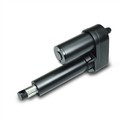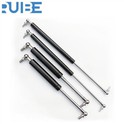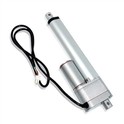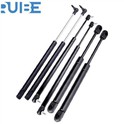As a supplier of tailgate gas springs, I've had numerous customers ask if cold weather can affect the performance of these essential components. It's a valid question, especially for those in regions with harsh winters. In this blog, I'll delve into the science behind how cold temperatures can impact tailgate gas springs and what you can do to mitigate potential issues.
How Tailgate Gas Springs Work
Before we discuss the effects of cold weather, let's quickly go over how tailgate gas springs function. These springs use compressed gas, typically nitrogen, to provide the force needed to lift and support a tailgate. Inside the gas spring, there's a piston that moves within a cylinder filled with gas. When the tailgate is opened or closed, the piston compresses or expands the gas, creating the necessary force.
The Impact of Cold Weather
Cold weather can have several effects on the performance of tailgate gas springs. One of the primary issues is the change in gas pressure. As the temperature drops, the gas inside the spring contracts, reducing its pressure. This decrease in pressure can lead to a loss of force, making it more difficult to lift the tailgate. In extreme cases, the tailgate may not open or close properly, or it may sag when open.
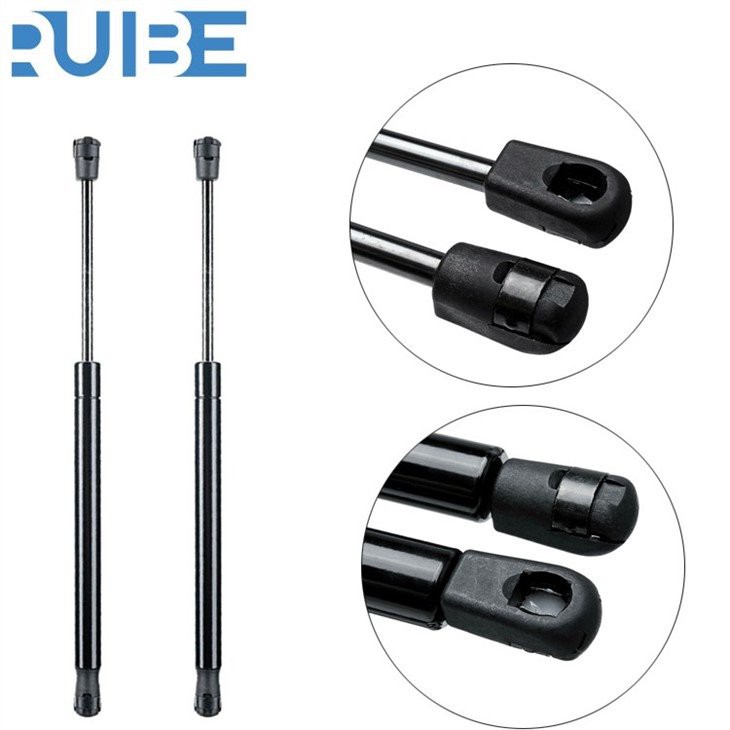
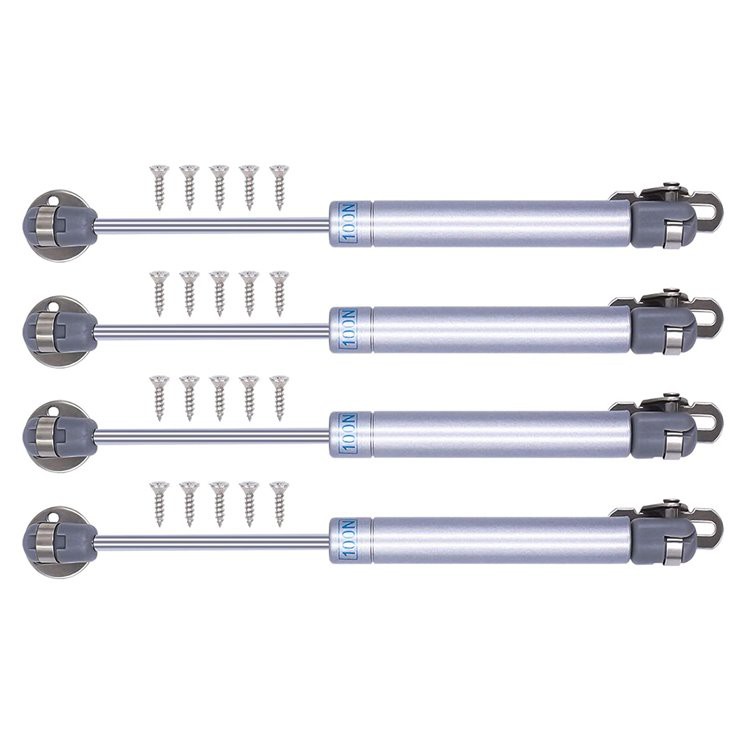
Another factor is the viscosity of the oil used in some gas springs. Oil is often added to the spring to dampen the movement and prevent it from bouncing. In cold weather, the oil can thicken, increasing its resistance to flow. This can slow down the movement of the piston, causing the tailgate to open or close more slowly than usual.
Real-World Examples
I've heard from many customers who've experienced problems with their tailgate gas springs in cold weather. One customer in a northern state reported that his tailgate became extremely heavy to open during the winter months. He had to use both hands to lift it, and it would sometimes get stuck halfway. Another customer noticed that the tailgate on his SUV would sag when open, even though it had worked perfectly fine in warmer weather.
Mitigating the Effects of Cold Weather
While cold weather can pose challenges for tailgate gas springs, there are several steps you can take to minimize the impact. One option is to choose a gas spring that's designed for cold weather use. Some manufacturers offer springs with special coatings or materials that are more resistant to low temperatures. These springs may have a higher pressure rating or a different oil formulation to ensure optimal performance in cold conditions.
Another solution is to keep the gas springs lubricated. Applying a high-quality lubricant to the moving parts of the spring can help reduce friction and prevent the oil from thickening. Make sure to use a lubricant that's suitable for use in cold weather and follow the manufacturer's instructions.
If you're experiencing problems with your tailgate gas springs in cold weather, it's also a good idea to check the alignment of the tailgate. Misaligned tailgates can put extra stress on the gas springs, making them more susceptible to damage. You may need to adjust the hinges or the mounting brackets to ensure that the tailgate is properly aligned.
Other Applications of Gas Springs
Tailgate gas springs aren't the only type of gas springs we offer. We also supply Kitchen Cabinet Gas Spring, Gas Lift for Furniture, and Bonnet Gas Struts. These gas springs are used in a variety of applications, from kitchen cabinets to automotive hoods.
Kitchen cabinet gas springs are designed to provide smooth and easy opening and closing of cabinet doors. They can help prevent slamming and make it easier to access your kitchen supplies. Gas lifts for furniture are used in chairs, tables, and other pieces of furniture to provide adjustable height and support. Bonnet gas struts are used to hold open the hood of a car or truck, making it easier to perform maintenance and repairs.
Conclusion
In conclusion, cold weather can definitely affect the performance of tailgate gas springs. The change in gas pressure and the thickening of the oil can lead to a loss of force and slower movement. However, by choosing the right gas spring, keeping it lubricated, and checking the alignment of the tailgate, you can minimize the impact of cold weather and ensure that your tailgate works properly all year round.
If you're in the market for tailgate gas springs or any other type of gas spring, I encourage you to contact us for more information. We have a wide range of products to choose from, and our team of experts can help you find the right solution for your needs. Whether you're a homeowner, a furniture manufacturer, or an automotive repair shop, we're here to provide you with high-quality gas springs and excellent customer service.
References
- "The Effects of Temperature on Gas Springs." Gas Spring Manufacturer's Association.
- "Cold Weather Performance of Automotive Gas Springs." Journal of Automotive Engineering.
- "Tips for Maintaining Gas Springs in Cold Weather." DIY Auto Repair Magazine.

